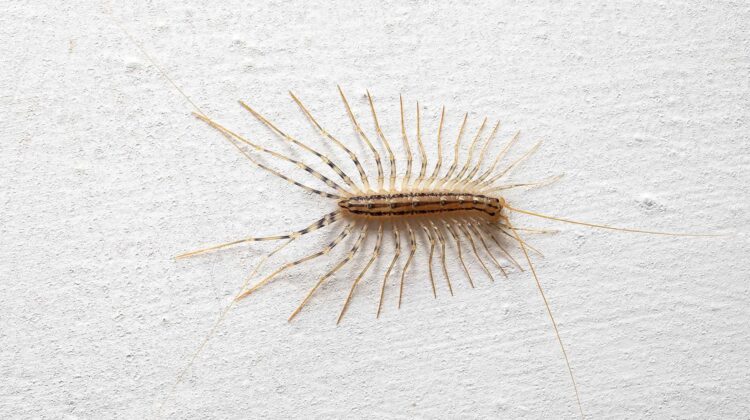
Finding a house centipede scurrying across your floor can be a terrifying experience. These swift, many-legged creatures can evoke immediate panic and the urge to squash them on sight. However, before you reach for the shoe, consider this: house centipedes are actually beneficial predators that can help keep other, more problematic pests at bay. This article will explore the surprising benefits of these often-feared creatures, while also providing effective and humane methods for controlling their populations if their presence becomes overwhelming.
The Unexpected Hero: House Centipedes as Beneficial Predators
It’s true: house centipedes are natural predators that can help you maintain a pest-free home. They feed on a variety of common household invaders, including:
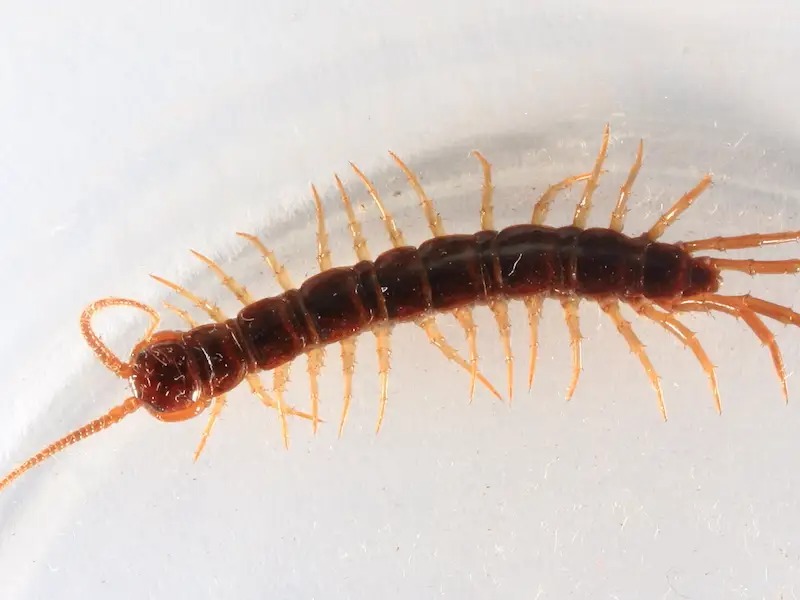
NobbiP/Wikimedia Commons
- Cockroaches: A major source of food for house centipedes.
- Spiders: These eight-legged arachnids are also fair game for hungry centipedes.
- Silverfish: These small, silver-colored insects are quickly dispatched by these efficient hunters.
- Moths: Clothes moths and pantry moths stand little chance against a determined centipede.
- Termites: These wood-destroying insects are a favorite meal for these beneficial predators.
House centipedes are clean hunters, leaving no messy webs or nests behind. They are not interested in your food or furniture and do not carry diseases.
When to Consider Control Measures
While house centipedes can be beneficial, their presence can still be unsettling for many homeowners. If you find yourself encountering them frequently, it’s time to consider some control measures.
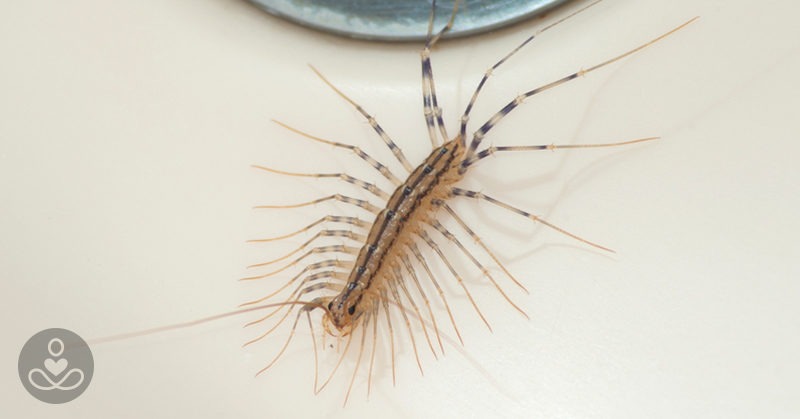
Humane Control Methods:
- Reduce Moisture: House centipedes thrive in damp environments. Fix leaky pipes, improve ventilation in bathrooms and basements, and use a dehumidifier to reduce moisture levels.
- Seal Entry Points: Inspect your home for cracks and crevices around windows, doors, and foundations. Seal these openings with caulk or weatherstripping to prevent centipede entry.
- Remove Debris: Clear away clutter and debris that can provide hiding places for both centipedes and their prey.
- Eliminate Other Pests: Since house centipedes rely on other insects for food, reducing the populations of cockroaches, spiders, and other pests will also discourage centipede infestations.
- Natural Repellents: Some natural repellents, such as cedarwood oil and peppermint oil, may deter centipedes.
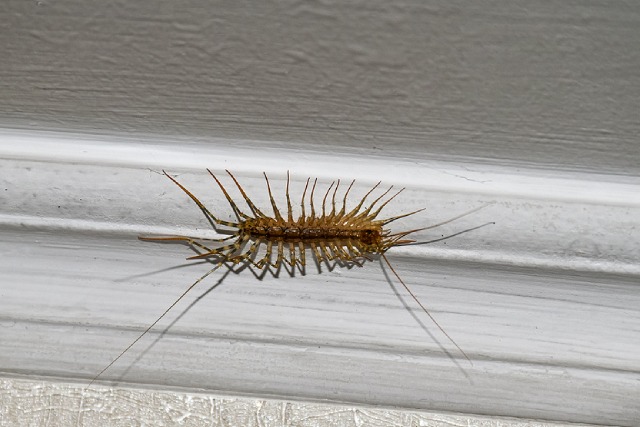
More Direct Control Methods:
- Vacuuming: Use a vacuum cleaner to capture and remove any centipedes you encounter.
- Sticky Traps: Place sticky traps in areas where you’ve seen centipedes.
- Diatomaceous Earth: Sprinkle diatomaceous earth around baseboards, in corners, and in other areas where centipedes may be found. This natural substance can dehydrate and kill insects.
- Insecticides: In severe cases, you may need to use insecticidal sprays or dusts. Always follow the product instructions carefully and take necessary safety precautions.
- Professional Extermination: If your centipede problem is severe or persistent, consider contacting a professional pest control service.
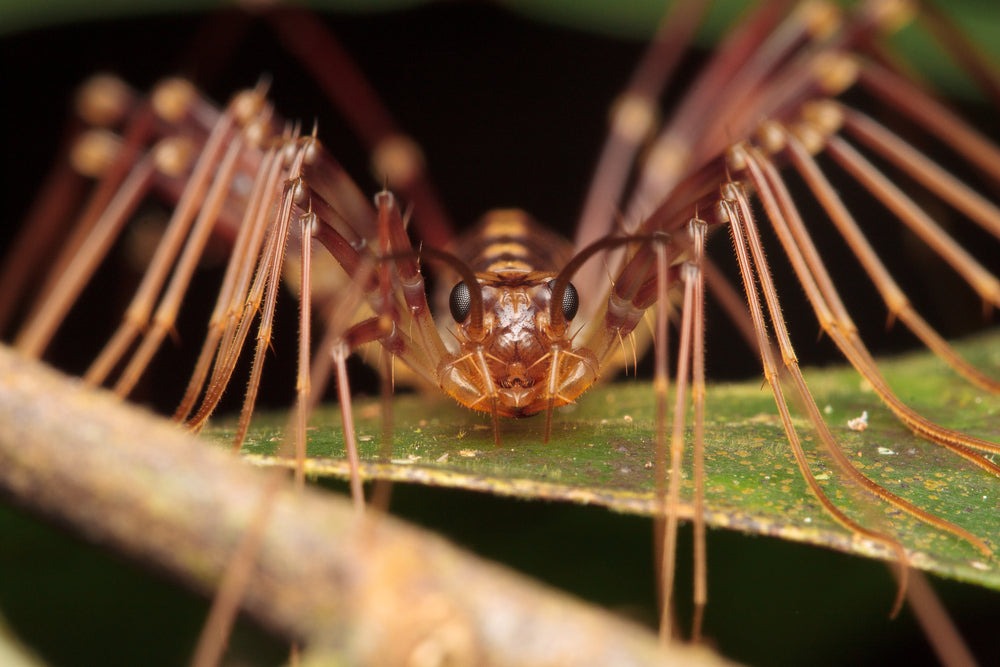
Important Note: While house centipedes are generally harmless to humans, their bites can be painful. Avoid handling them directly and wear appropriate footwear when walking in areas where they may be present.
House centipedes may not be the most welcome guests in your home, but their presence can actually be a sign of a healthy ecosystem. By understanding their role as beneficial predators and implementing humane control methods, you can coexist peacefully with these creatures while enjoying the benefits of their pest-control services.

Do they also eat earwigs?